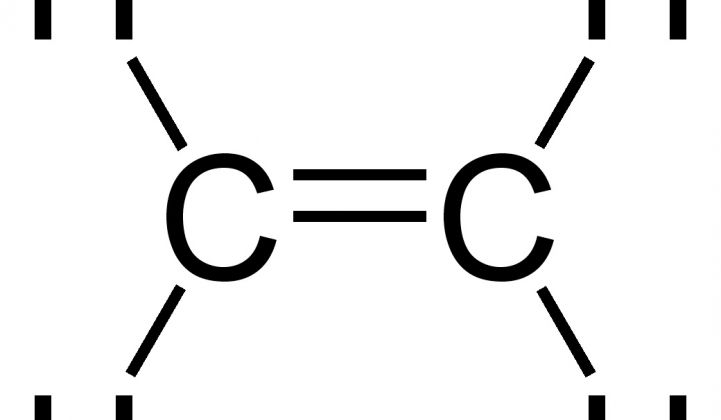Ethylene is the most produced organic compound in the world, according to Chemical and Engineering News -- with global production exceeding 107 million tons in 2005. The compound is used to make a wide assortment of plastics and chemicals.
And ethylene is created via an energy-intensive process from a petroleum feedstock which, like most U.S. petroleum, comes from a cartel that doesn't have the United States' best interests in mind.
Siluria just raised another $20 million in a round B from new investor The Wellcome Trust along with Alloy Ventures, ARCH Venture Partners, KPCB, Altitude Life Science Ventures, Lux Capital, and Presidio Ventures to synthesize ethylene using natural gas as a feedstock instead of petroleum. The firm raised $13.3 million from the same group about a year ago.
Today, crude oil is "cracked" by applying huge amounts of energy.
Siluria uses a process called "oxidative coupling of methane" (OCM) which has been a subject of research for decades but has yet to be done economically. Siluria's process is catalytic-based and uses natural gas as a feedstock. Natural gas is arguably greener than petroleum, depending on how it is extracted, but it is in ample supply in the U.S. and inarguably poses less of a national security risk than foreign oil.
Siluria has identified the best catalysts using high-throughput screening tools and derives its catalysts from nature. The startup creates genetically modified organisms and analyzes their inputs and outputs.
Siluria was spun out of another startup called Cambrios Technologies. Much of the company's technology derives from the work conducted by Angela Belcher at MIT. Belcher and her team have devised microbes that can help generate battery components, align molecules in industrial processes, or help produce semiconductor insulators.
Dr. Leighton Read, on the Siluria board and a partner at Alloy Ventures, said in a press release that Siluria is on "an oil-free path to fuels and chemicals using methane, nature's most abundant resource."



